Click to read the article in Turkish
Can Atalay, who was elected as an MP for the Workers' Party of Turkey (TİP) in the May 14 elections, has taken his case to the Constitutional Court after his release request was twice denied by the Court of Cassation.
Atalay's lawyers filed an application with the top court, stating that his right to a fair trial, the right to vote, be elected, and engage in political activities, as well as personal liberty and security rights, were violated.
In the petition, they requested the redress of the violations and the termination of his detention.
The lawyers listed the following violations in the application:
- Violation of the right to a fair trial under Articles 36 and 13 of the Constitution and Article 6 of the European Convention on Human Rights (ECHR),
- Violation of the right to a fair trial under Article 6 of the ECHR and Article 36 of the Constitution, resulting in a violation of Article 17 of the ECHR,
- Violation of the right to vote, be elected, and engage in political activities, as granted by Article 67 of the Constitution,
- Violation of the Right to Free Elections under Article 3 of the Protocol to the ECHR,
- Violation of Article 19 of the Constitution and Article 5 (1) and (4) of the ECHR.
CLICK - Court of Cassation 'violating Constitution' by not releasing MP Atalay
What happened?
Can Atalay was sentenced to 18 years in prison on April 25, 2022, in the case concerning the 2013 Gezi Park protests, on the charge of "aiding an attempt to overthrow the government."
After the court of appeal upheld the conviction on December 28, 2022, the case was appealed to the Court of Cassation.
Can Atalay was elected as an MP for the TİP in the May 14 elections with 75,720 votes.
On May 25, after receiving his parliamentary mandate through his lawyer, a release application was made via the National Judiciary Informatics System (UYAP) on the same day, and, a day later, an application was filed with the Court of Cassation.
However, the Court of Cassation's 3rd Criminal Chamber unanimously rejected the release request on July 13, ignoring the precedent decisions of the Constitutional Court.
Subsequently, the appeal against this decision was rejected by a majority of four against one by the Court of Cassation's 4th Criminal Chamber, which approved the 3rd Criminal Chamber's decision.
Atalay's lawyers stated that the trial could not proceed without the decision of the parliament to lift his parliamentary immunity, requesting a stay of proceedings from the Court of Cassation and the release of Atalay.
In the application, the lawyers referred to Articles 14 (Prevention of the abuse of fundamental rights and freedoms), 67 (Right to vote, be elected, and engage in political activities), and 83 (Legislative immunity) of the Constitution.
Emphasizing Article 83, which states, "A deputy who is alleged to have committed a crime before or after the elections cannot be detained, interrogated, arrested, or tried without the permission of the Assembly," the lawyers argued that Atalay's situation does not contradict Article 14, which is decisive regarding immunity.
The Chief Public Prosecutor's Office of the Court of Cassation expressed its opinion that the sentences of seven people, including Can Atalay, who are imprisoned for their convictions in the Gezi trial, should be upheld, while Mücella Yapıcı's sentence should be overturned.
The prosecutor also argued that the crime for which Can Atalay was convicted falls under the crimes to be evaluated within the scope of Article 14 of the Constitution and demanded the rejection of Atalay's lawyers' request for a "stay of proceedings" in the trial. (HA/VK)




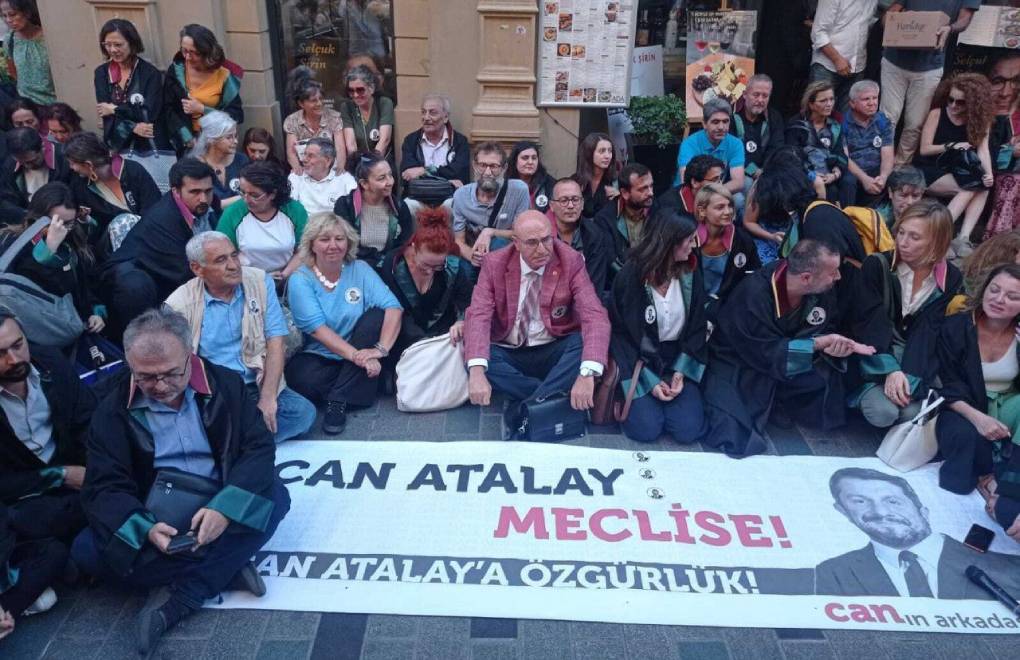
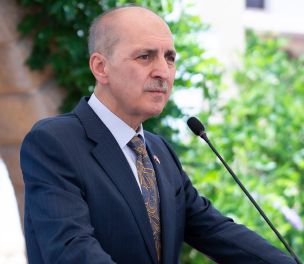
.jpg)

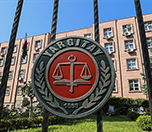
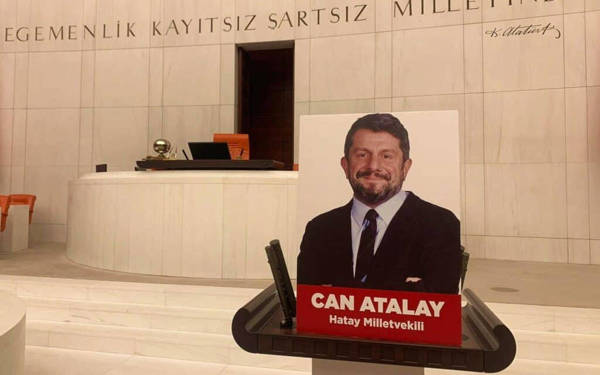
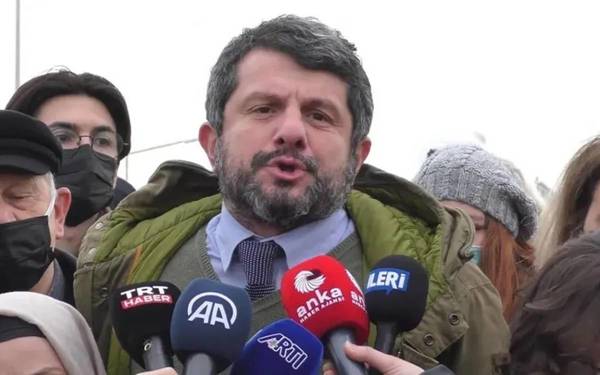
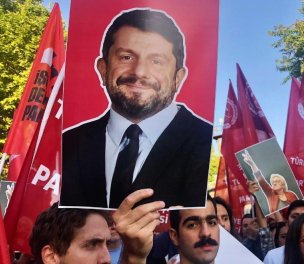
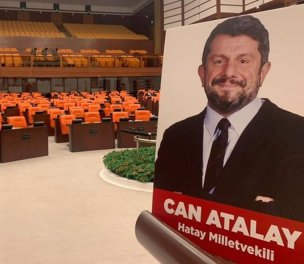
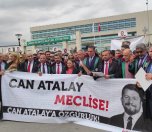
.jpg)